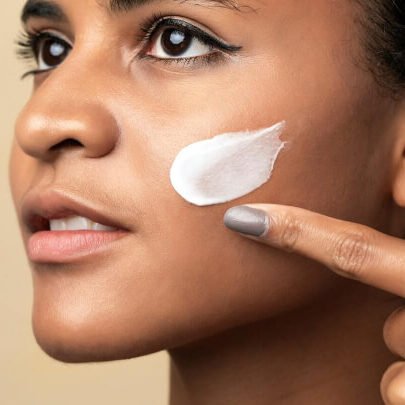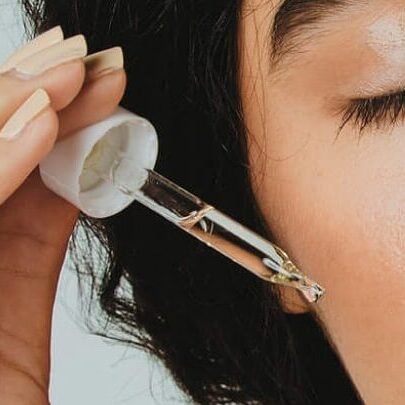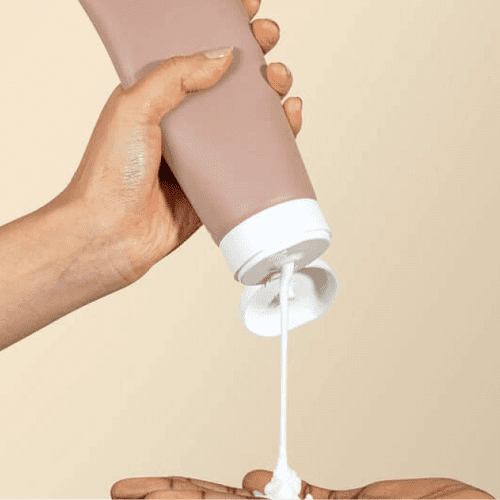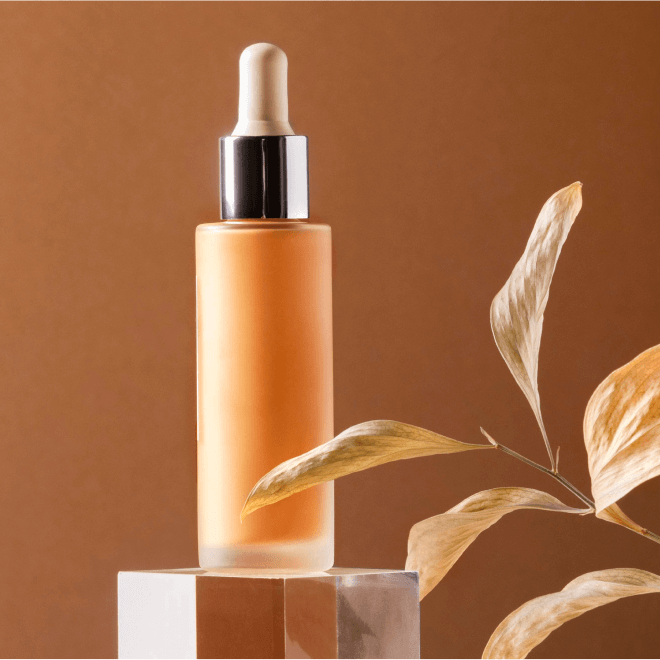Spirulina : superfood or super skin care ?
Spirulina, that vibrant blue-green algae, has been making waves in the health and wellness world for years. Touted as a superfood packed with nutrients, it’s often added to smoothies and supplements. But what about its potential for skincare? Can the same properties that make it beneficial internally translate to a glowing, healthy complexion? Let’s dive into the potential spirulina benefits for skin and determine whether it’s truly a super skincare ingredient.
Spirulina’s allure stems from its impressive nutritional profile. It boasts a wealth of components that could contribute to skin health, including:
Antioxidants : Spirulina is rich in antioxidants like phycocyanin, which can fight free radicals that damage skin cells and contribute to premature aging. This protective action can help reduce the appearance of wrinkles, fine lines, and age spots.
Amino Acids : These are the building blocks of protein, crucial for collagen production. Collagen provides skin with its structure and elasticity, making it look firm and youthful.
Vitamins and Minerals : Spirulina contains vitamins A, C, and E, known for their skin-enhancing properties. Vitamin A promotes cell turnover, Vitamin C brightens the complexion and protects against sun damage, and Vitamin E moisturizes and soothes the skin. Minerals like zinc and copper, also present in spirulina, play a vital role in skin repair and overall health.
Anti-Inflammatory Properties : Phycocyanin, in particular, has been shown to possess anti-inflammatory properties. This could be beneficial for individuals struggling with inflammatory skin conditions like acne, eczema, and rosacea.
Given its nutrient-rich composition, spirulina is believed to offer several potential benefits for the skin:
Anti-Aging : By combating free radicals and promoting collagen production, spirulina may contribute to reducing the signs of aging, such as wrinkles and fine lines.
Acne Treatment : Its anti-inflammatory properties could help soothe irritated skin and reduce the redness and swelling associated with acne. Some believe it may also help regulate oil production, further contributing to acne control.
Improved Skin Tone : The antioxidant and vitamin content may help brighten the skin and even out skin tone, reducing the appearance of dark spots and hyperpigmentation.
Enhanced Skin Hydration : Spirulina contains essential fatty acids that can help moisturize the skin and improve its barrier function, preventing moisture loss.
Protection Against Environmental Damage : Its antioxidant properties can shield the skin from the damaging effects of UV radiation and pollution.
Topical Application : Look for skincare products formulated with spirulina, such as masks, cleansers, and serums. These products allow for direct delivery of spirulina’s beneficial compounds to the skin.
Oral Consumption : Taking spirulina supplements or adding it to smoothies can provide internal benefits that may translate to healthier, more radiant skin.
Spirulina shows promise as a beneficial ingredient for promoting healthy, glowing skin. Its rich antioxidant, amino acid, vitamin, and mineral content suggests it could play a role in combating aging, treating acne, improving skin tone, and enhancing hydration. While more research is necessary to fully validate these claims, incorporating spirulina into your skincare routine, either topically or internally, could be a worthwhile experiment. Just remember to choose high-quality products, be mindful of potential allergies, and manage your expectations. Spirulina may not be a miracle cure, but it’s certainly a superfood worth considering for your skincare journey.









